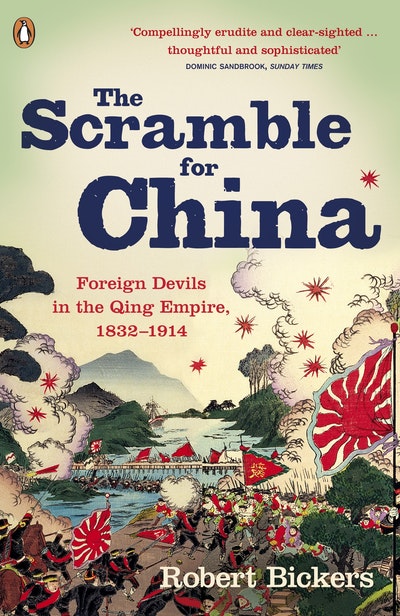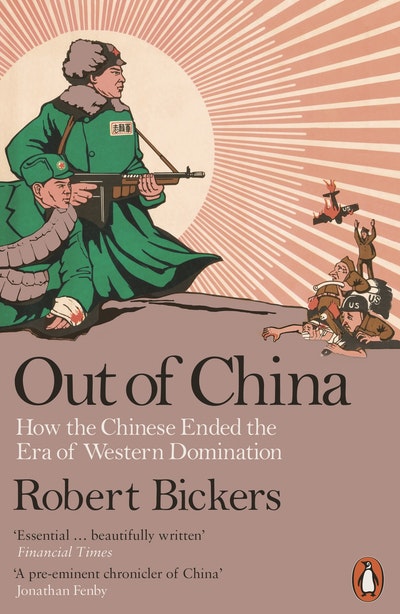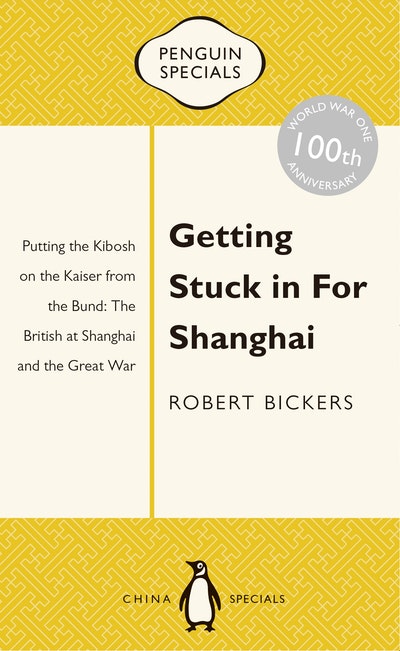[]
The Scramble for China
Foreign Devils in the Qing Empire, 1832-1914
Formats & editions
Buy from…
- Published: 25 February 2016
- ISBN: 9780141983509
- Imprint: Penguin eBooks
- Format: EBook
- Pages: 512
Powerful, astute and readable ... meticulously researched in contemporary English-language records and journals, and written with flair and feeling, its rhetoric eschews rant and is never misplaced
John Keay, Literary Review
Compellingly erudite and clear-sighted history
Dominic Sandbrook, Sunday Times
At every airport bookshop, the business traveller is offered shelves of volumes that purport to tell us how an emerging, powerful China will deal with the world, and how the rest of us should make the most of the commercial opportunities opened up by its rise. Those who wish to understand these issues more closely might be better advised to read this fair and fascinating account
Chris Patten, Financial Times





